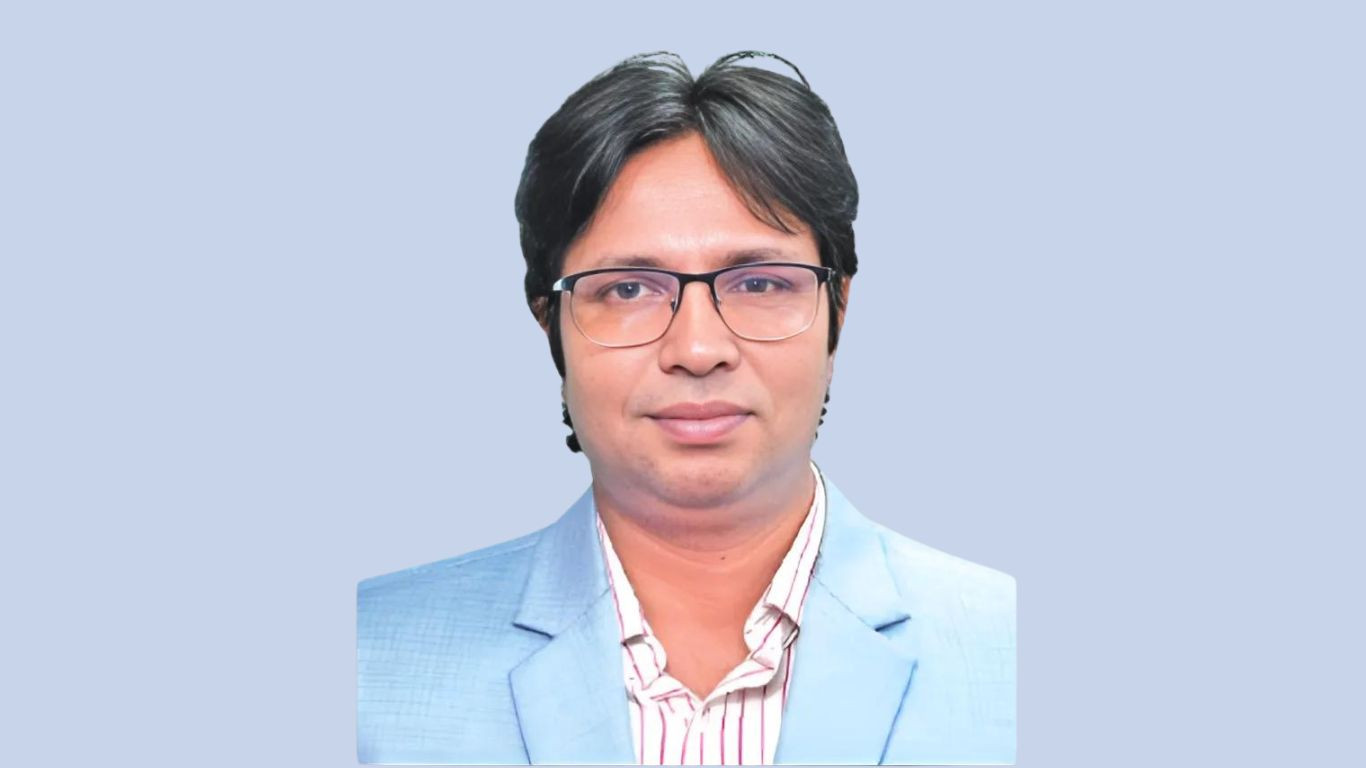Dissolution of textbook committee
Is the Interim Government Still Up for Bold Reforms?
Published: 01 Oct 2024

Every dawn comes with a new promise. This is what happened following the fall of the autocrat Sheikh Hasina. Everyone is hoping for a new Bangladesh, free from any sort of discrimination -- be it economic, political, administrational or educational. New democratic Bangladesh is expected to provide every citizen with the opportunities to develop themselves as a global citizen compatible with the global market. This is one of the aspirations that attracted mass people to join the student-led July uprising and break themselves free from the shackles of the subjugation of Awami League that stifled people in the last fifteen years.
Now, when people are just starting to breathe a sigh of relief and trying to roll with the punches, another group is emerging to fish in the troubled waters and create division among the masses. Surely what has been going on for the last couple of weeks regarding the government-formed body to review and revise textbooks has caused a furore in the public domain, especially on different social media. It seems like nobody is talking about the elephant in the room as we fail to notice that the tree that was planted during Sheikh Hasina’s regime is now looming large over us, threatening to spread its tentacles.
Is the Interim Government Still Up for Bold Reforms?After the formation of the textbook review and revision committee on 15 September to review and amend all textbooks of the National Curriculum and Textbook Board (NCTB), Bangladesh Jamaat-e-Islami and Bangladesh Khelafat Majlish demanded the inclusion of Islamic scholars in the committee. Different Islamic groups also put pressure on the government to exclude two committee members -- Md Kamrul Hassan, professor of Physics department of Dhaka University and Samina Luthfa, an associate professor of the Sociology department of the same university. Finally, the government on Saturday dissolved the recently-formed textbook review committee following criticisms from different Islamist parties and groups, albeit those who protested against the exclusion of the two members alleged that some vested quarters for their own interests were blaming them for supporting homosexuality and Islamophobia.
On the other hand, Secretary General of Bangladesh Khelafat Majlis Maulana Mamunul Haque recently said, “If any endeavour from the Western world to foist pro-Hindu and anti-Islamic agenda on us is made, we are ready to stand against that. We are struggling to overthrow the Hindutva education system.” He called for the exclusion of atheists from the committee and the inclusion of Islamic academics and scholars.
This is not the first time Mamunul Haque, also a key figure of Hefazat-e-Islam Bangladesh, and his associates have given vent to such desires, rather they even managed to persuade Awami League to bring in changes in the syllabus, taking advantage of the then government’s weakness of not having political legitimacy. It is their pressure that forced the NCTB to drop two textbooks for 6th and 7th graders in February 2023, claiming that the books were promoting Darwin’s ‘debatable’ theory of evolution and demeaning the Islamic attire for women. In 2017, the then government also made several changes in textbooks as per the proposal of the Qaumi Madrasa-based organisation. Writings of famous authors were dropped because Islamists disliked those.
It is undeniable that religious and moral education, particularly those that reflect our tradition, norms, culture and social values, is of paramount importance. However, it does not mean that we have to exclude scientific theories from our education. If the government accepts zealots' logic and revise textbooks at the fundamentalists’ behest, how will our young generation compete with their global competitors in this age of globalisation and 4IR, where science will play the main part?
While Islam also encourages acquiring new knowledge, why some people are against exploring new horizons? If any theory contradictory to Islamic beliefs is to be discarded, it has to be done logically after going through it carefully and critically, which will ultimately create scope for exploring new forms of knowledge. However, if that chapter is being omitted without proper scrutiny, it will not be a prudent decision. It is certain that the demands of the Islamists hold little water and there must have been some other reasons behind such demands.
The Anti-Discrimination Movement and the July Revolution were definitely against the dictatorship of Sheikh Hasina and Awami League, but not against the spirit of the Liberation War, which upholds among others the spirit of secularism. If that is the case, there is no reason to be guided by Islamist fundamentalism. Surely students and mass people did not sacrifice their lives to replace one autocrat with another. The way some Islamic parties are trying to impose their views on the education system is nothing but a repetition of the autocratic Awami League’s approach in a different way.
But the most shocking part is that the government is backtracking from its stance and has already dissolved the committee. The people have put trust on the interim government and entrusted them with the holy task of reforming our country. Since the interim government came to power through a popular uprising, people’s trust and expectations are running really high. Sadly, they have set a bad example by bowing to the fundamentalists’ demands and dissolving the committee. Now the questions pop up in our minds – what else are in store for us in the coming days and will the stopgap administration be able to hold its ground?
___________________________________
The writer is an Editorial Assistant at Daily Sun

